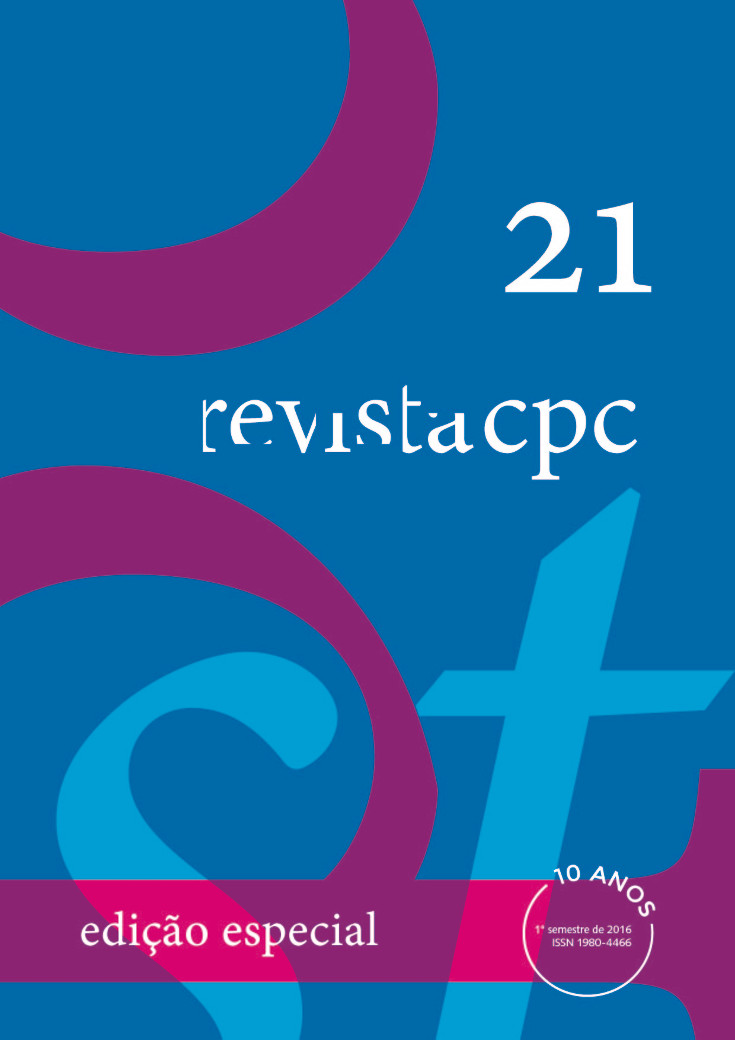REMANESCENTES DE UM PASSADO INDESEJADO: OS ESTUDOS DE TOMBAMENTO DOS EXEMPLARES DA REDE PAULISTA DE PROFILAXIA E TRATAMENTO DA HANSENÍASE
DOI:
https://doi.org/10.11606/issn.1980-4466.v0iesp21p119-163Palavras-chave:
Hanseníase, Saúde pública, Patrimônio culturalResumo
Este artigo visa apresentar resultados dos estudos para o tombamento estadual de remanescentes da rede paulista de profilaxia e tratamento da hanseníase, doença anteriormente denominada como lepra. A rede em questão foi erguida com base no modelo hospitalar de isolamento conhecido como asilo-colônia, adotado no Brasil no início de 1920, quando a internação compulsória dos hansenianos foi determinada por força de lei. Na década de 1930, sua implantação foi concluída com a construção de cinco asilos-colônia: Santo Ângelo (Mogi das Cruzes), Padre Bento (Guarulhos), Pirapitingui (Itu), Cocais (Casa Branca) e Aimorés (Bauru). A estrutura profilática e de tratamento ainda era composta por ambulatórios denominados dispensários e por preventórios, orfanatos para filhos sadios de hansenianos internados. Diante dos desafios e avanços propostos pelas pesquisas, este artigo também pretende contribuir para os debates acerca do reconhecimento como patrimônio cultural de remanescentes ligados a passados relegados e memórias difíceis.
Downloads
Downloads
Publicado
Edição
Seção
Licença
- Os autores mantêm os direitos autorais e concedem à revista o direito de primeira publicação, com o trabalho simultaneamente licenciado sob a Licença Creative Commons Attribution que permite o compartilhamento do trabalho com reconhecimento da autoria e publicação inicial nesta revista.
- Os autores têm autorização para assumir contratos adicionais separadamente, para distribuição não exclusiva da versão do trabalho publicada nesta revista (ex.: publicar em repositório institucional ou como capítulo de livro), com reconhecimento de autoria e publicação inicial nesta revista.
- Os autores têm permissão e são estimulados a publicar e distribuir seu trabalho on-line (ex.: em repositórios institucionais ou na sua página pessoal) a qualquer ponto antes ou durante o processo editorial, já que isso pode gerar alterações produtivas, bem como aumentar o impacto e a citação do trabalho publicado (Veja O Efeito do Acesso Livre).








